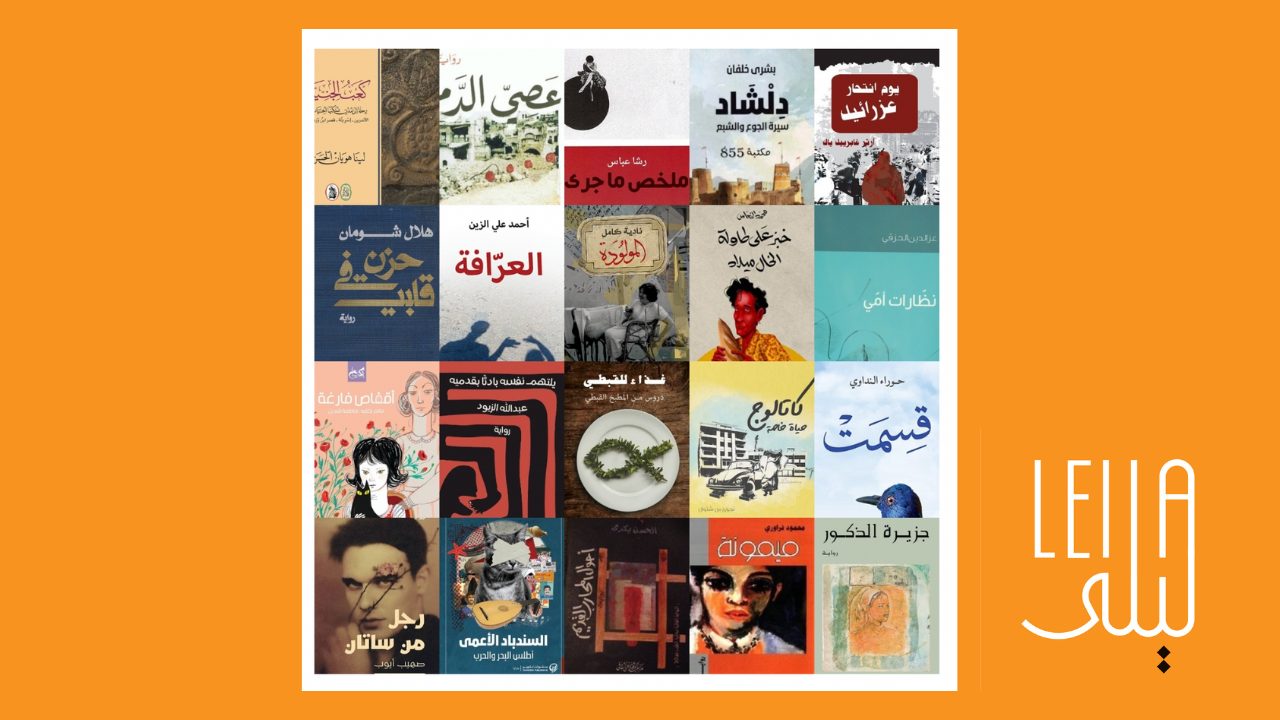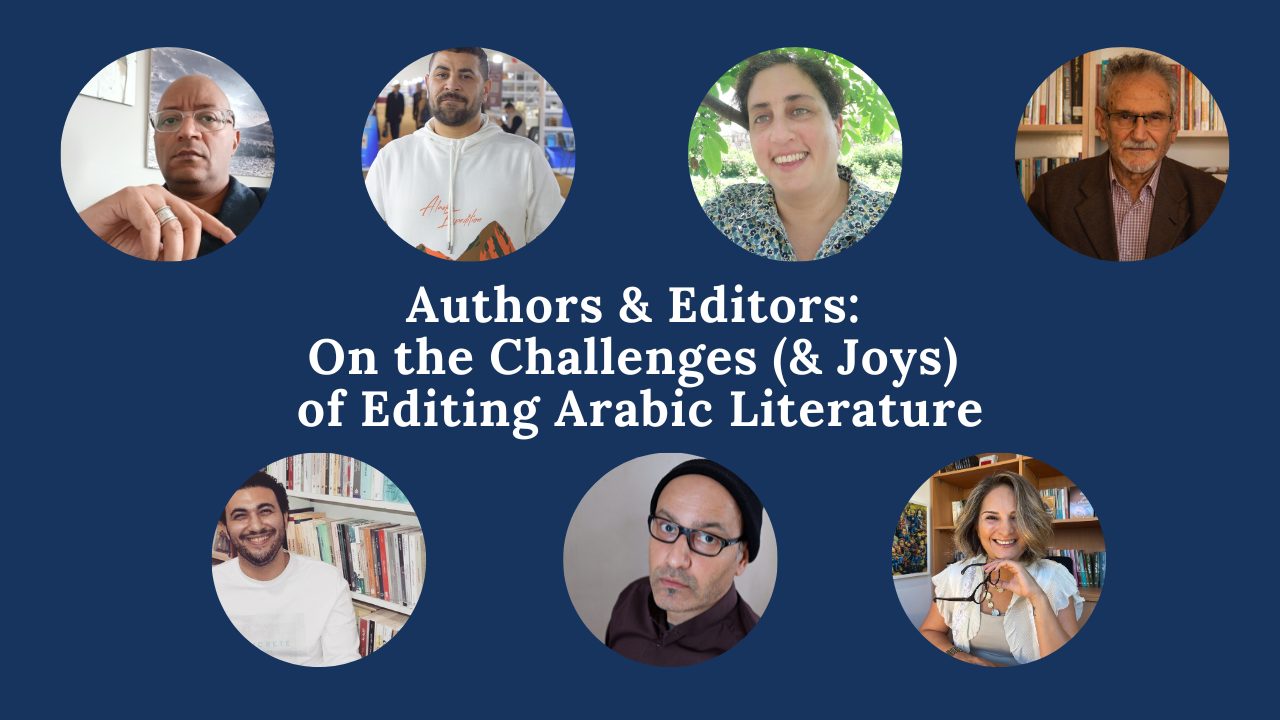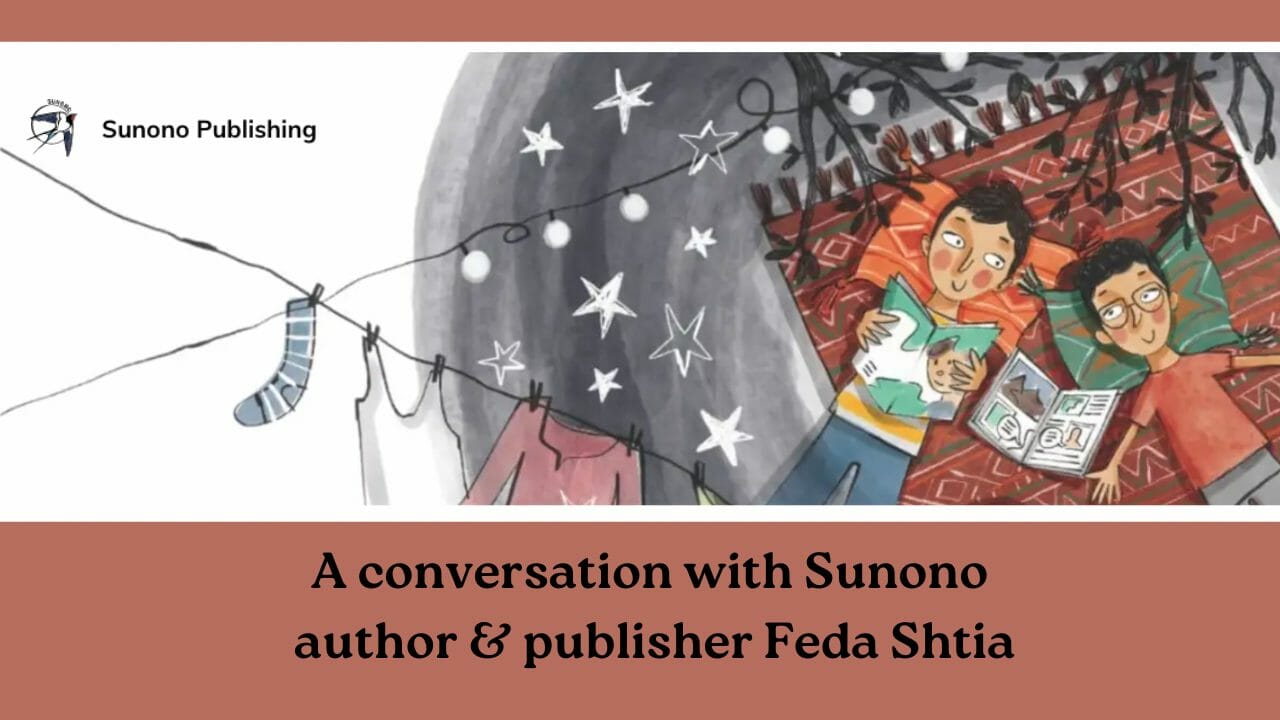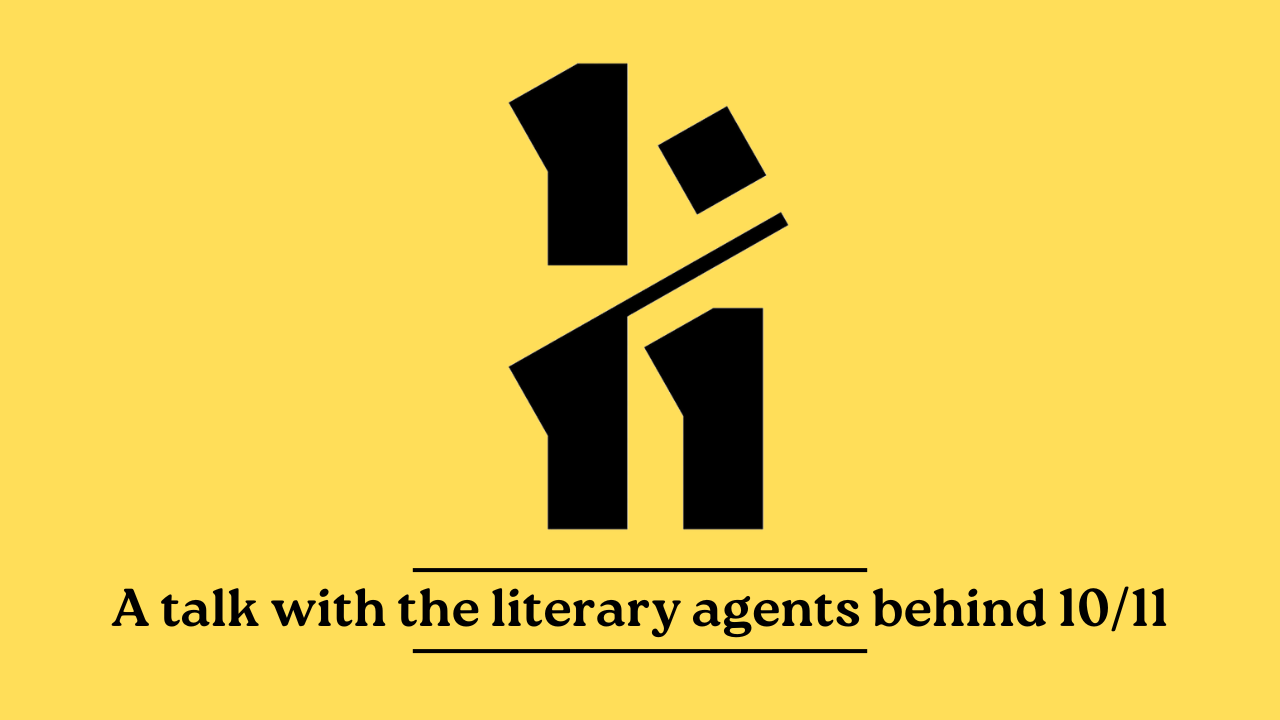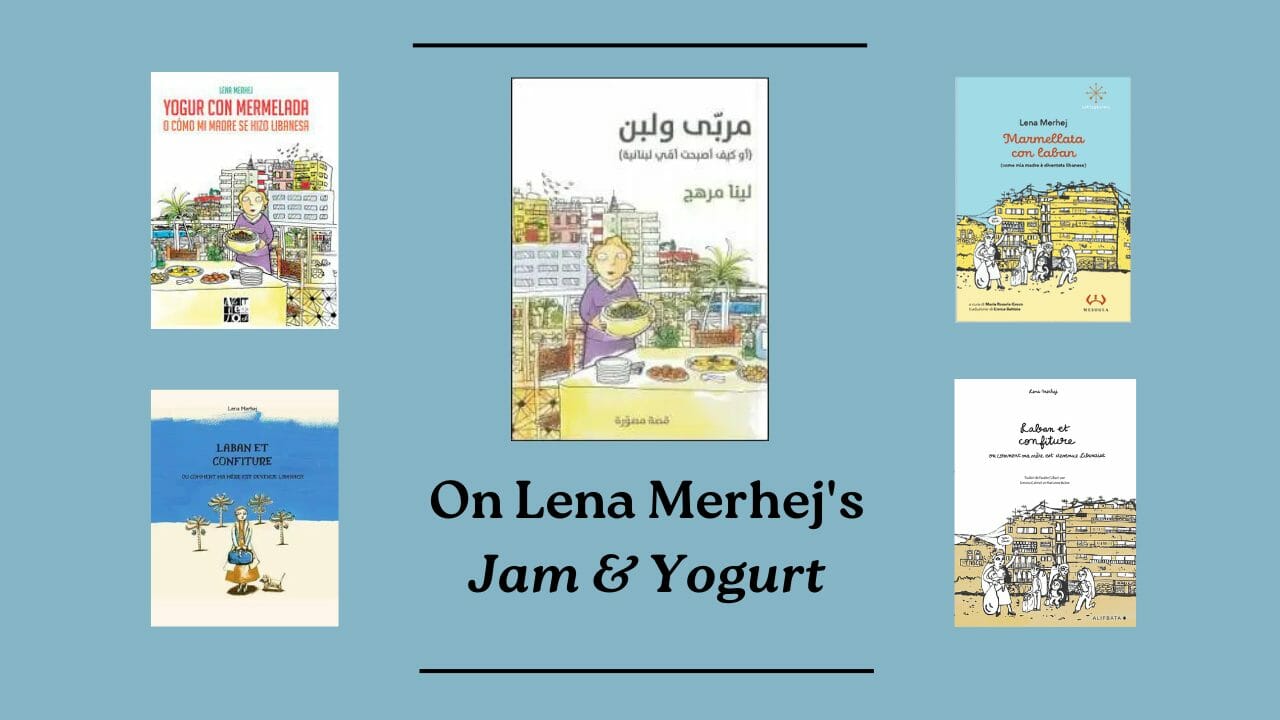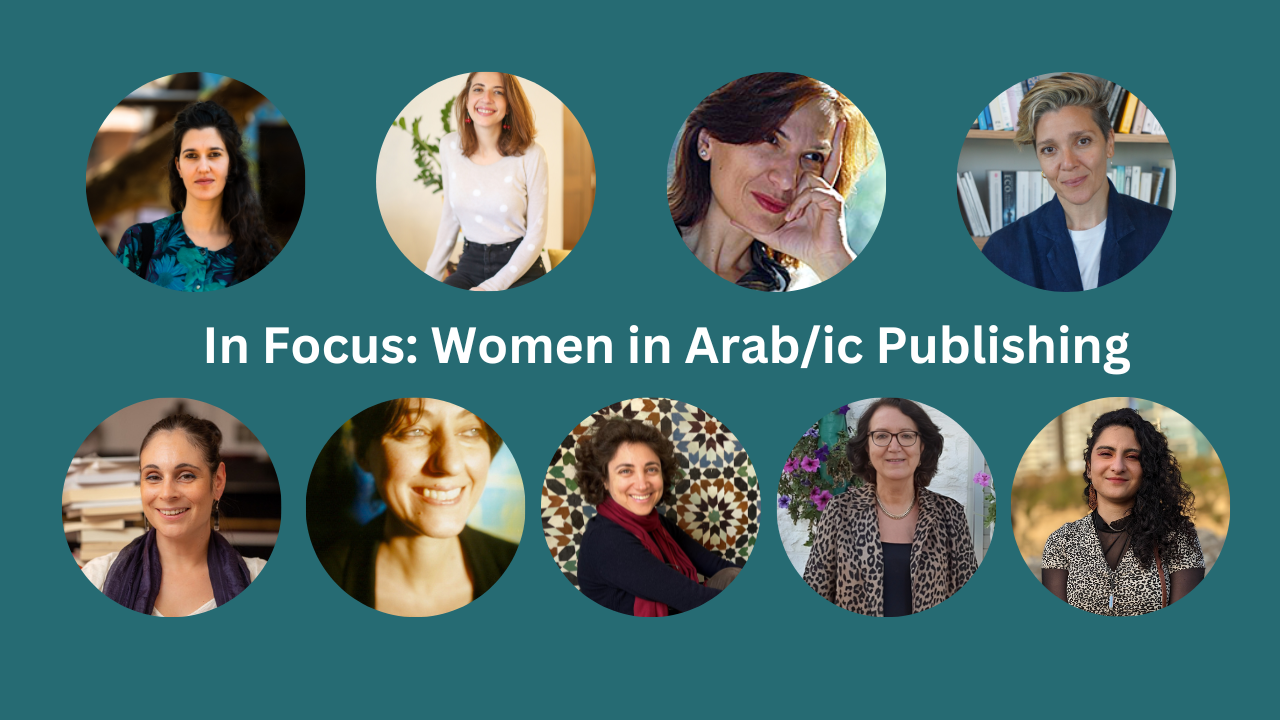‘Rotten Evidence’: A Conversation with Translator Katharine Halls
By Tugrul Mende This month, Ahmed Naji’s Rotten Evidence: Reading and Writing in an Egyptian Prison was published in Katharine Halls’ English translation. The book chronicles Naji’s two years in prison, which […]


